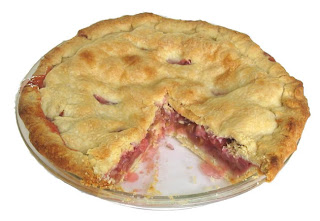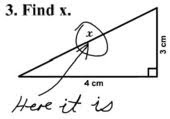How many minutes do you get in between switching classes during school?
I get three minutes. Three minutes to drink water, go to the bathroom, and go to my locker.
Sure, my school is kind of small, but it is a challenge nonetheless.
Here is how my usual transition from class to class works:
1. Bell rings
2. Pack up my bag and be out of class (hopefully) by 30 seconds
3. Walk to locker get books/drop off books (1 minute 30 seconds)
4. Walk really really really fast to my next class praying I'm on time.
One of my biggest pet peeves is when I'm sitting in class and I have to use the restroom and I raise my hand and ask and the teacher says "you should've gone before class"!
WHEN? before or after I went to my locker and then sprinted to your class?
And that brings up another topic.
I dont know about you, but after running around campus with 20 lbs of books on my back and in my hands I am parched. It's a LONG hour before I get to even think about a water fountain. And even then I hardly have enough time to take a sip of water before I have to run off to another class. (At my school you are not allowed to have any type of food/candy/drink or else you get a demerit)
I don't mean to complain, but it can be quite frustrating always running around for 7 hours.
But, if you think about it would you rather have an exter minute or two in between classes and stay in school 7-10 minutes longer every day? Maybe racing to class isnt so bad.





 Notes for a Class Lecture:
Notes for a Class Lecture: 

